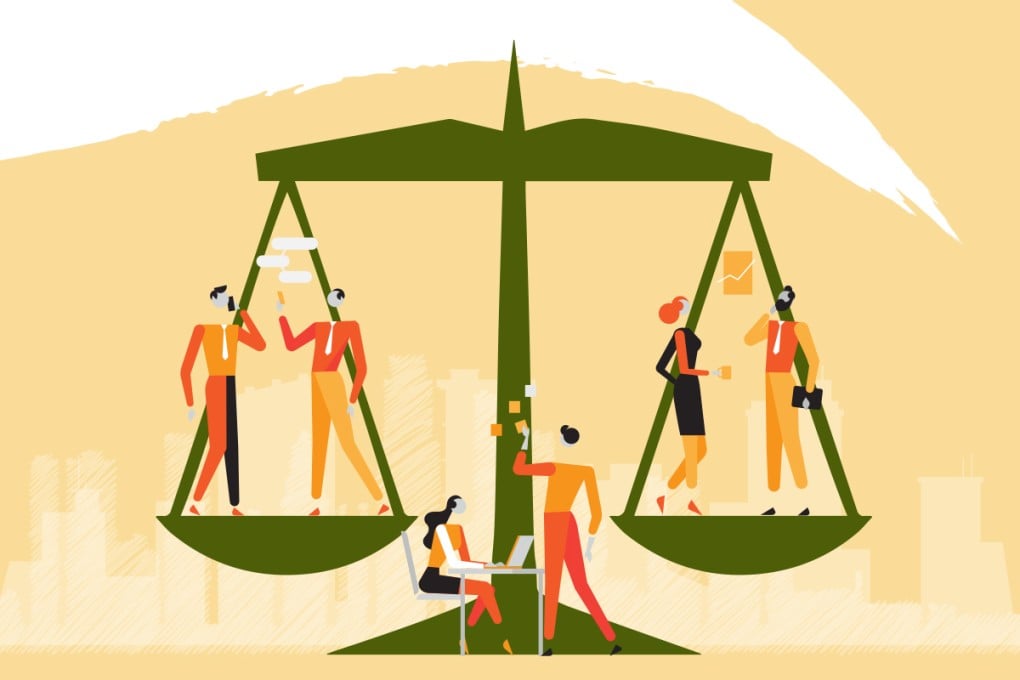Why is Workplace Equality Good for Business?
A new study reveals that US households spend more on products from firms that prioritise corporate workplace equality, especially after major social events

[The content of this article has been produced by our advertising partner.]
Which would you choose: a bag produced by a firm known for its equal treatment of all staff or a bag produced by a company currently embroiled in a discrimination scandal? Conscious consumers, who prioritise ethical, social, and environmentally friendly products when making purchasing decisions, would likely choose the former.
A report indicates that 79 percent of respondents believe sustainability is either "somewhat important" or "very important" when making purchasing decisions. Additionally, 68 percent express a willingness to pay more for environmentally sustainable and socially responsible products.
Given the rise of conscious consumers in recent years, companies should look beyond product quality and consider Environmental, Social, and Governance (ESG) or Corporate Social Responsibility (CSR) factors. While previous research has shown that strong ESG or CSR practices can decrease a firm's risk exposure, the direct cash flow implications of such practices are still unclear.
Researchers from the Chinese University of Hong Kong (CUHK) recently aimed to understand how the purchasing decisions of conscious consumers who value ESG and CSR can directly impact a company's cash flow.
The study, The Rise of Conscious Consumers: The Impact of Corporate Workplace Equality on Household Spending, was conducted by Ling Cen, Associate Professor of Finance, and Wu Jing, Associate Professor of Decisions, Operations, and Technology, both at CUHK Business School. They were joined by Yanru Han, a PhD graduate from CUHK Business School (placed at Stevens Institute of Technology as an Assistant Professor of Finance), and Chang Liu, a PhD candidate from City University of Hong Kong.